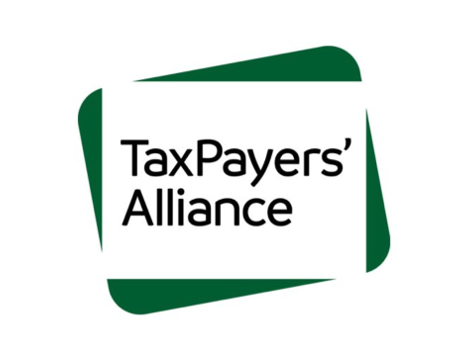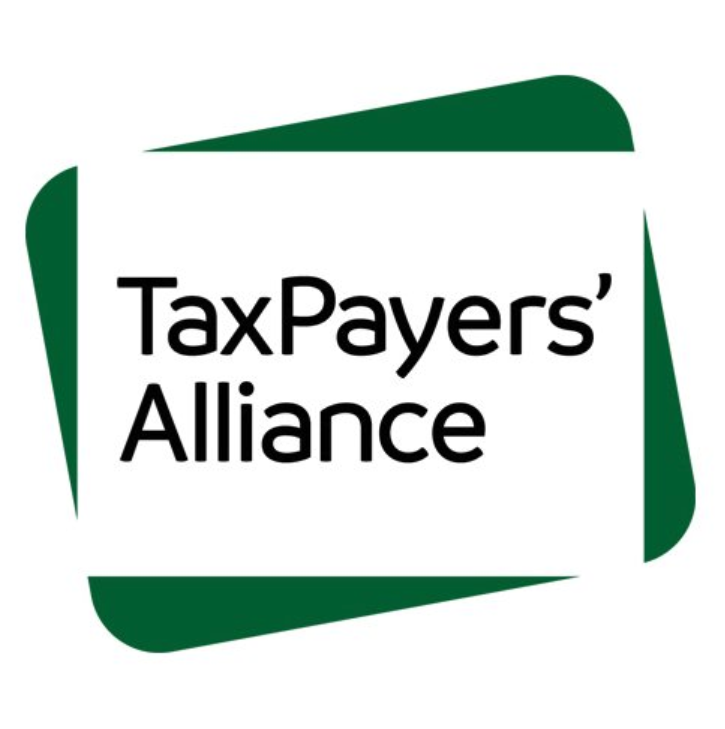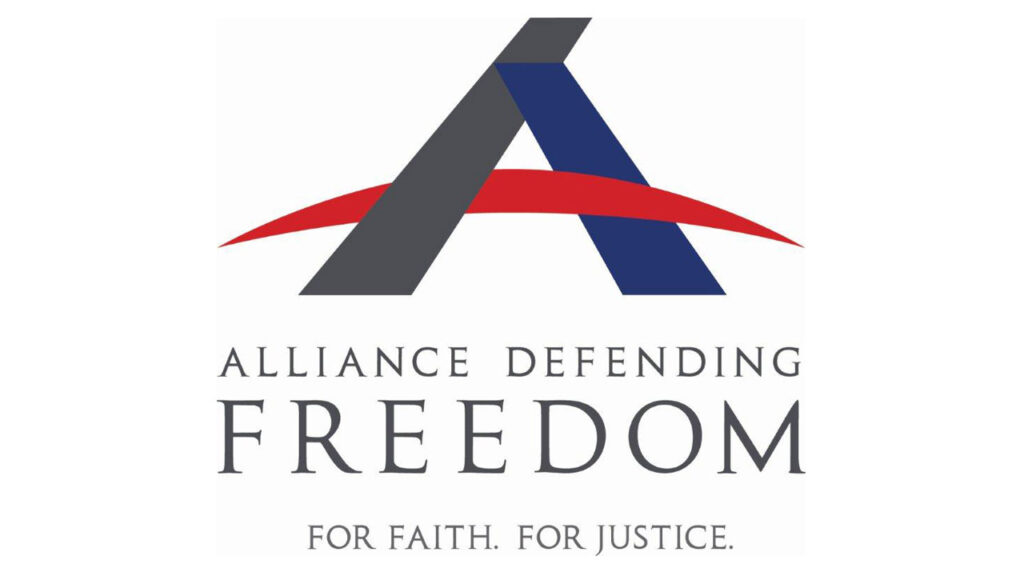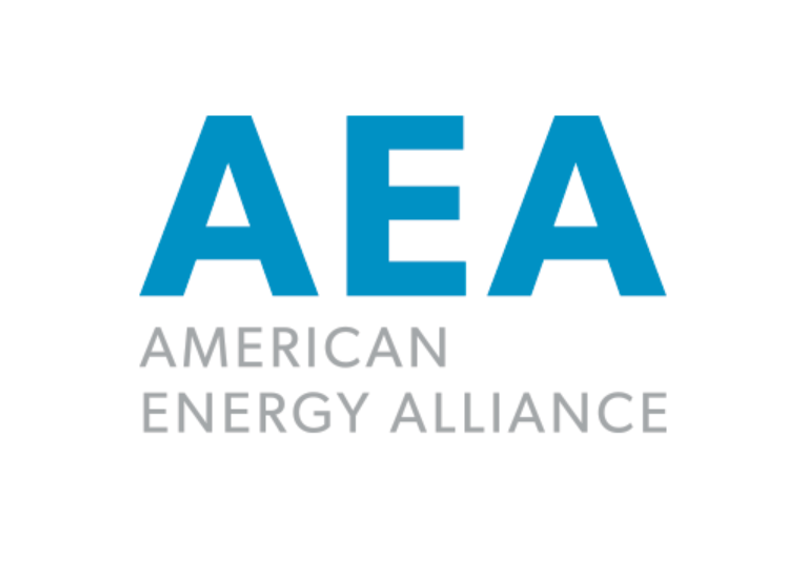TaxPayers’ Alliance
Category: Free-Market Pressure Group
The TaxPayers’ Alliance (TPA) campaigns for the UK to be a “pro-enterprise country with lower, simpler taxes funding better public services through innovation, automation and eradicating waste”, according to its mission statement. It believes that people “spend their own money better than bureaucrats and politicians” and wants to see greater transparency over how taxes are spent.
The TPA is a vocal opponent of both fuel duty increases and the implementation of charging Clean Air Zones (CAZ), designed to improve air quality in the UK’s most polluted cities. It claims that CAZs are being used as a “stealth tax” by councils and that there is no evidence they are effective. It has organised “action days” in a number of cities to encourage residents to oppose the schemes.
As of 2019, the group claimed to have over 90,000 “grassroots supporters” across the country.
According to its 2018-19 annual report, it contributed to over 6,000 news items between January and October 2019, reaching more than 100 million readers.
The TPA sees decentralised, grassroots campaigning as a “core component” of its work and holds “action days” in towns and cities across the UK. It says it regards local media as “critically important” and “maintains strong relationships with local press”.
The group was co-founded in 2004 by Matthew Elliott, subsequently Chief Executive of the official pro-Brexit campaign Vote Leave and more recently an advisor to Sajid Javid while he was Chancellor. The group has said it will “seize the opportunities of Brexit” to make the case for “fundamental reforms to taxes and public service delivery”.
Along with the climate science denying Global Warming Policy Foundation, the TPA is part of a cluster of economically-libertarian lobby groups based in and around 55 Tufton Street in Westminster.
In January 2022, Elliot Keck joined the TPA as investigations campaigns manager with a focus on its wasteful spending campaign. He previously worked for Conservative MP Andrew Rosindell.
Funding
The TPA does not disclose its funding sources but some details have emerged over the years. In 2018, the Guardian revealed that the group’s US fundraising arm had provided it with at least $286,000 from unknown donors between 2013 and 2016, including $100,000 from a “billionaire-founded religious trust incorporated in the Bahamas”.
In 2009, a Guardian investigation found that the Midlands Industrial Council, a longstanding group of wealthy, Brexit-supporting Conservative Party donors, had donated around £80,000 to the group.
The MIC currently includes Lord Bamford, Chair of construction giant JCB, and Lord Edmiston, Chair of the car importer International Motors.
Other donors include David Alberto, who was previously Managing Director of the serviced offices company Avanta and provided the TPA with office space in Westminster.
According to its 2018-19 annual report, the group fundraised £822,000 for “research and campaigns” between January and October 2019.
Air Pollution Lobbying
The TPA has described improving air quality as a “noble aim” but has played an active role in opposing measures to tackle air pollution that involve emissions charging such as Clean Air Zones (CAZ).
In a September 2019 email bulletin to supporters, the group’s Grassroots Campaign Manager wrote that it has “long argued that clean air zones do not work and are merely a revenue raiser for government”.
In a blog post on CAZs, a TPA Policy Analyst criticised the environmental NGO ClientEarth, whose legal actions against the government’s air quality strategy forced it to set out a framework for the introduction of CAZs, describing the charity as a “trendy East London NGO” that is “manipulating developing countries”.
On its website, it lists one of its highlights as running a “grassroots campaign to oppose a new £100 ‘clean air’ charge in Southampton”, one of the UK’s most polluted cities, arguing that “taxes and levies” should not be “the default answer to real problems”.
Elsewhere, it describes CAZs as “clever wheezes” used by councils looking to raise revenue but hesitant to increase council tax. The TPA argues the schemes are based on the “mistaken belief it will be the best way to cut pollution”. It has also condemned a Labour Party proposal to introduce CAZs around hospitals as “callous” and “another attack on hard-up taxpayers”.
In 2018, the TPA produced a briefing paper claiming there was no clear evidence that CAZs are effective. It claimed London’s Low Emission Zone (LEZ), introduced in 2008, had only led to a short-term increase in vehicle upgrades. It selectively quoted a study stating that the LEZ had made “no discernible differences” to NOx concentrations, without mentioning a decrease in particulate matter levels.
It also cited an out-of-date study that found the zone had not reduced NOx levels and therefore had no impact on children’s health, because an increase in traffic over the time period had cancelled out emissions reductions per vehicle. A more recent study found the LEZ had reduced NOx levels but not enough to improve children’s respiratory health.
A TPA Policy Analyst has argued CAZs are “incredibly regressive” because buses are “relied upon by poorer households, the elderly, and people with disabilities”.
The group has said local authorities should instead be “looking at alternative ways to tackle pollution, such as improving transport infrastructure to reduce congestion”.
It has also suggested introducing tougher laws against vehicle idling and advocated demand-based pricing for parking space, as well as “shore power” for ships in ports such as Southampton.
Although experts agree these measures can help reduce air pollution, organisations such as the British Lung Foundation argue charging Clean Air Zones are the “most effective and quickest way to reach legal limits”. Research by the Centre for Cities shows that schemes like London’s Ultra Low Emission Zone have cut nitrogen dioxide (NO2) concentrations significantly.
The TPA did not respond when contacted for comment by DeSmog.
Fuel Duty
The TPA is a long-running opponent of further rises in fuel duty, arguing that “in many cases fuel is the only sensible option for getting to work, taking children to school and doing the weekly shop.” According to its website, in 2013 it displayed “special fuel tax stands” at over 5,000 independent petrol stations to show customers the level of fuel duty being levied. Its “Freeze Fuel Duty” campaign was backed by The Sun and “extensively covered in the broadcast media”.
Workplace Parking Levies
The TPA is opposed to workplace parking levies as a means of tackling congestion in cities. It argues the schemes only have a short-term impact on traffic and has implied they are a way to “drive custom towards the council’s parking businesses”. The group has described them as “nothing more than revenue raisers for councils at the expense of businesses and their hard working employees”.
Key Arguments in Order of Prominence
- CAZs are simply a way for councils to raise revenue – a “stealth tax”
- CAZs harm local businesses and cause a decline in tourism
- CAZs are regressive, disproportionately impacting low-income and vulnerable communities
- Previous low emission zones have been ineffective, only increasing vehicle upgrades in the short-term and failing to reduce emissions
- Air pollution can be reduced more effectively with measures that don’t involve taxes such as improved transport infrastructure and anti-idling laws
Areas Active
Bath: the TPA organised a visit to Bath for “staff and supporters” in 2019, ahead of a council meeting to consider proposals for a charging CAZ in the city. It also wrote a joint letter to the council opposing the plans with the Road Haulage Association, the anti-fuel duty campaign group Fair Fuel UK, and the motoring pressure group the Alliance of British Drivers. It argued a CAZ could cause a decline in tourism, increase costs for taxis, coach companies and haulage companies, leading to job losses and businesses “going bust”. It also stated that CAZs had been “shown to be ineffective, economically damaging and regressive” and suggested a tram system could be a better solution to tackling air pollution. The TPA claims partial credit for ensuring that private cars were eventually exempted from the scheme.
Bristol: in its 2018-19 annual report, the group noted that it “joined forces with local politicians and business owners to reject calls for a workplace parking levy”, designed to reduce car use. It called the scheme “asinine” and gained support from then Conservative MP Charlotte Leslie and current Deputy Mayor Geoff Gollop. According to an email bulletin, the TPA distributed “Lose The Levy” posters to local businesses and described the charge as “nothing more than a stealthy way for the council to raise revenue at the expense of taxpayers”.
The group organised an “action day” in the city in 2012, reportedly attended by representatives from the Federation of Small Businesses, the Alliance of British Drivers and the Freedom Association. Current Labour Mayor of Bristol Marvin Rees opposed the scheme at the time but has since come out in support.
London: the group organised a protest at City Hall against the capital’s Ultra Low Emission Zone in 2019, calling it a “stealth charge on sole traders and businesses” that would “likely discourage enterprise”. On its website, it describes it as a “van tax”.
Scotland: research by the TPA handed to the Scottish Daily Mail led to a front page story headlined “The Great Car Park Tax Myth”. It claimed a workplace parking levy in Nottingham had caused a less than 1% reduction in car use and that traffic levels were already in decline. The TPA called for a similar scheme planned in Scotland to be scrapped, calling it “the last thing struggling Scottish business owners and their employees need”.
Southampton: the TPA claims partial credit for forcing the city council into abandoning a planned charging CAZ at the beginning of 2019. It sent activists to the city to campaign against the proposed scheme, describing it as an “air tax”. The group handed out leaflets at a Southampton Saints football match and in the city centre. The group also reportedly worked alongside local Conservative MP Royston Smith to defeat the scheme.
Key Actions
February 4, 2021
John O’Connell, Chief Executive of the Taxpayers’ Alliance, was quoted in The Daily Mail criticising reported new carbon taxes on meat, cheese and gas heating as part of the government’s pledge to reach net zero carbon emissions by 2050. He said: “New eco taxes would leave slim pickings for struggling families, who rely on cheap energy and food to heat their homes and put dinner on the table,” adding: “Ministers must ease the burden on Brits before any green tax hikes.”
The article also quoted a spokesperson from agribusiness lobbying group the National Beef Association, who claimed that “Britain’s meat industry is given a lot of unfair criticism over its environmental impact.”
October 15, 2019
Research on workplace parking levies by the TPA led to a front page story in the Scottish Daily Mail headlined “The Great Car Park Tax Myth”.
September 13, 2019
The TPA visited Bristol to campaign against a proposed workplace parking levy, with activists distributing “Lose The Levy” posters to local businesses. An email bulletin described the charge as “nothing more than a stealthy way for the council to raise revenue at the expense of taxpayers”.
April 8, 2019
The TPA organised a stunt outside City Hall in London to protest against the newly-introduced Ultra Low Emissions Zone.
March 4, 2019
TPA activists visited Bath to speak to local residents about why plans for a charging CAZ in the city should be opposed.
October 7, 2018
The TPA sent activists to Southampton to campaign against a proposed charging CAZ, describing it as an “air tax”. Activists handed out leaflets at a Southampton Saints football match and in the city centre.
September 29, 2012
The group organised an action day in Bristol to oppose plans for a workplace parking levy, attended by representatives from the Federation of Small Businesses, the Association of British Drivers and the Freedom Association.
Associated Politicians
Conservative
- Royston Smith
- Matt Hancock
- Priti Patel
- Alun Cairns
- Liz Truss
- Boris Johnson
- Dominic Raab
- Philip Davies
- Adam Afriyie
- Lord Chadlington
- Lord Hodgson
- Lord Kalms
- Lord Vinson
- Steve Baker
Related Organisations
Social Media
- @the_tpa on Twitter.
- The TaxPayer’s Alliance on Facebook.






